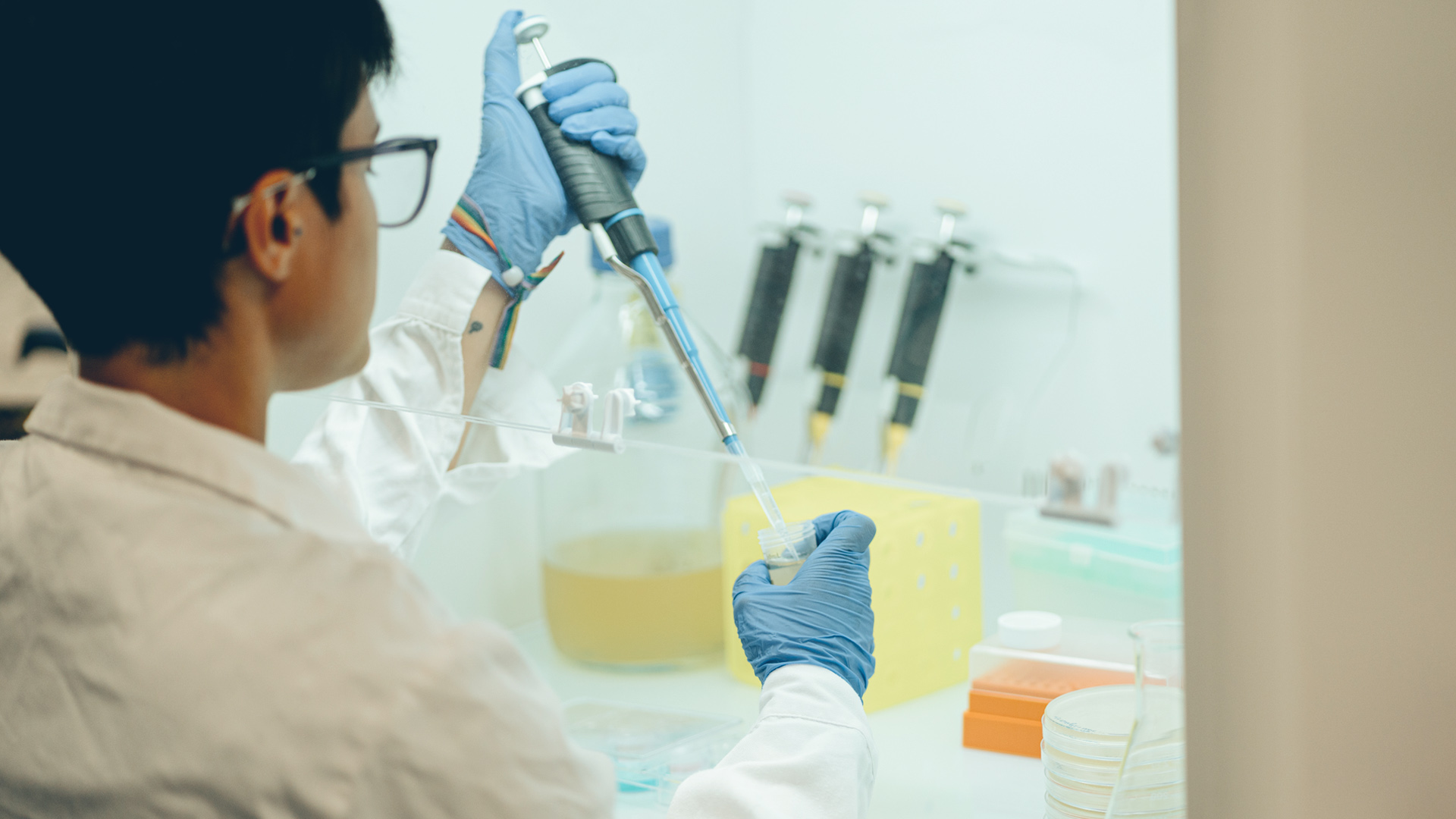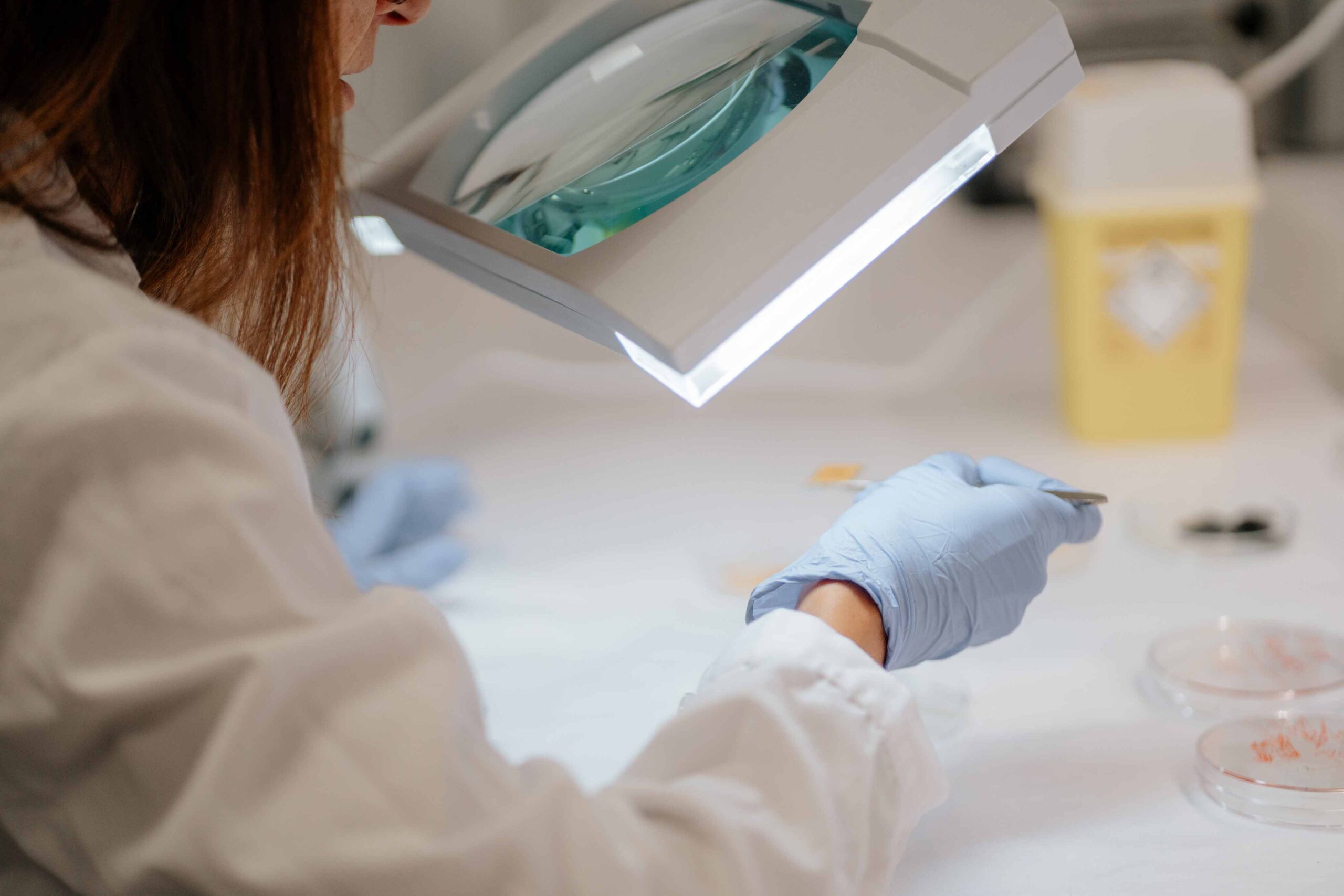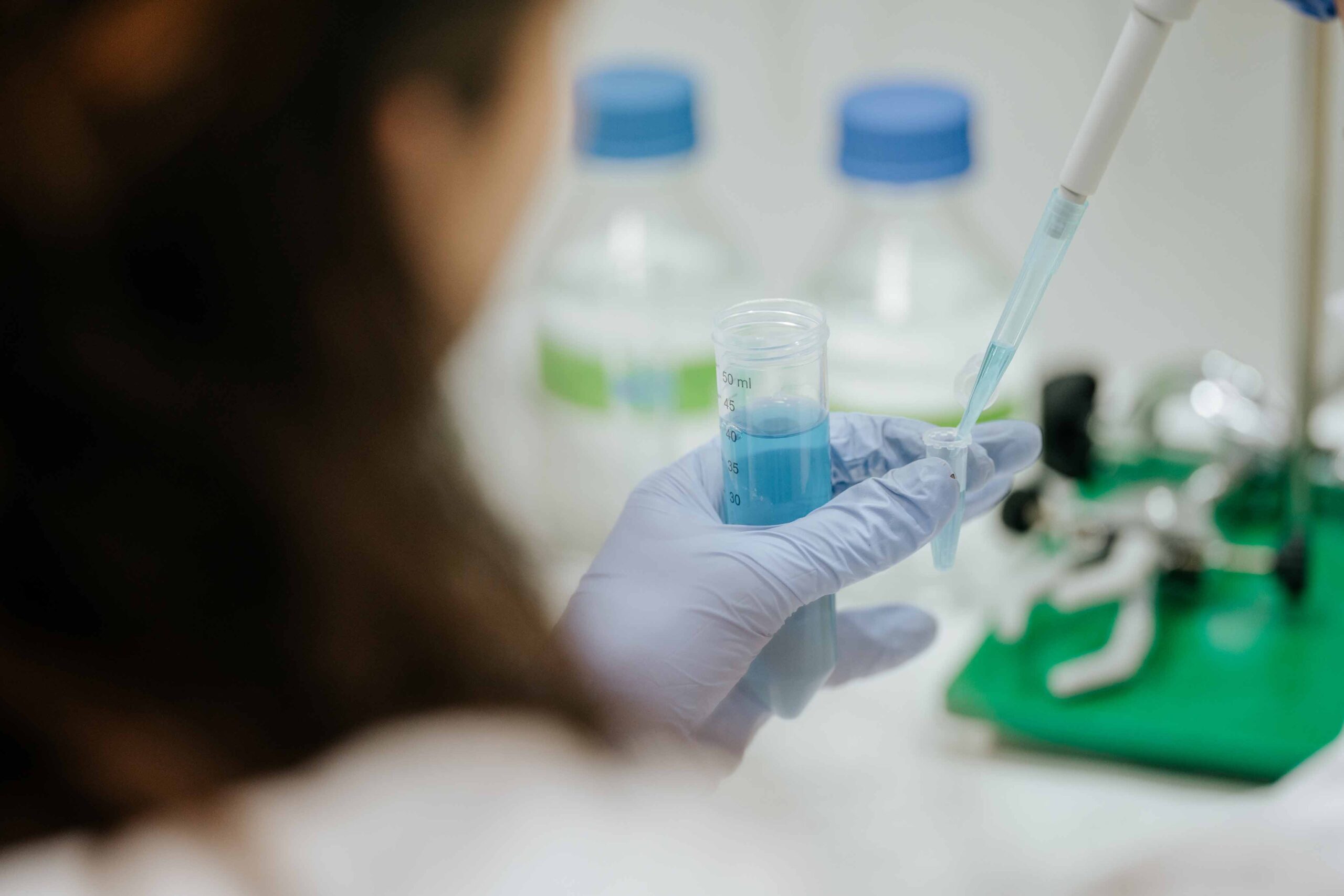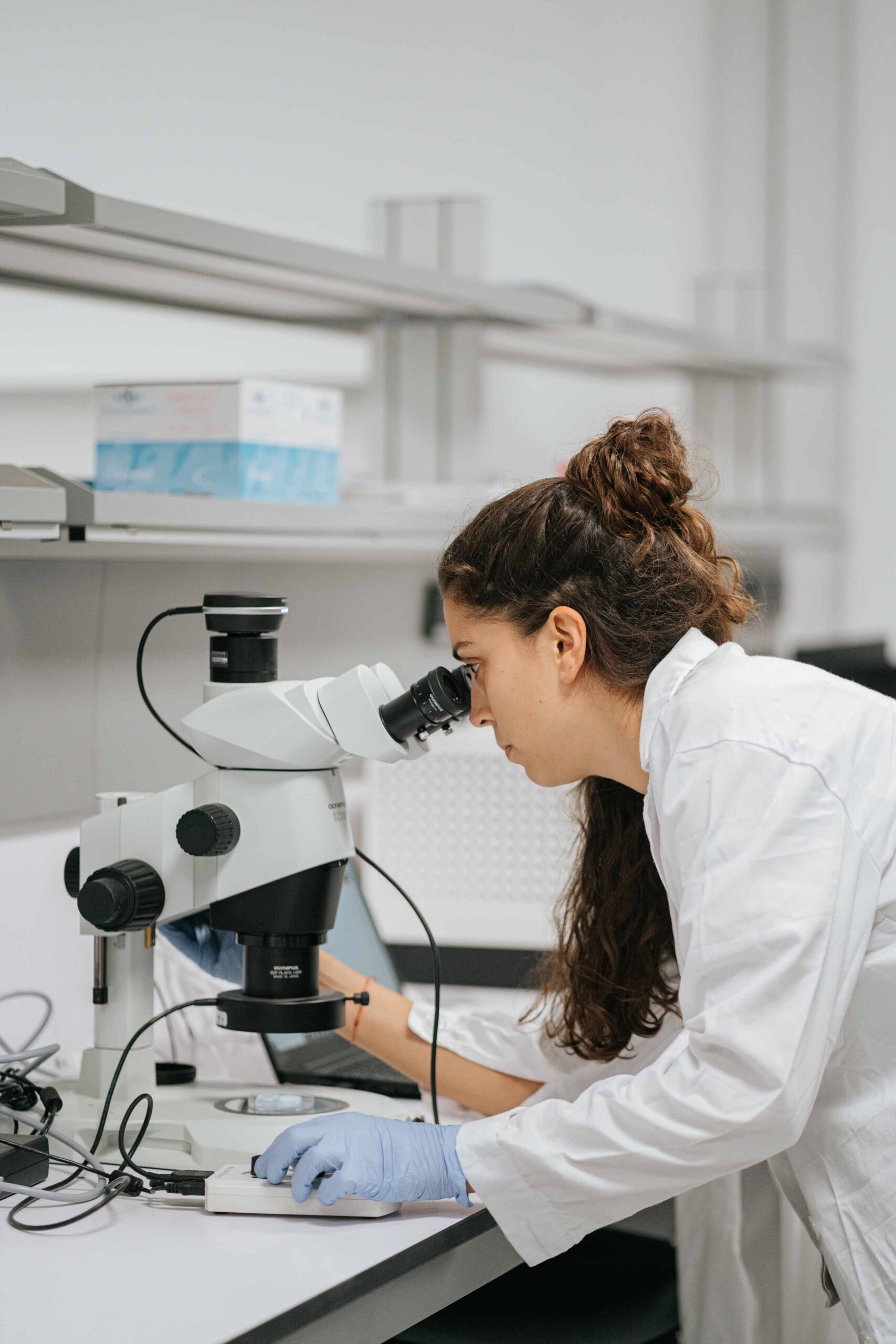- Sectors
- Aerospace & Defense
- Big science
- Fintech
- Insights
These are technologies derived from biological sciences, such as chemistry or microbiology, which will help mitigate the effects of climate change, water scarcity, the loss of ecosystems or lack of resources. Our projects address challenges such as:

We are working on the design and development of skin sensors based on microneedle technology for a new generation of wearable sensors. The next frontier of wearables is the continuous and real-time monitoring of biomarkers. Our approach is based on the combination of two key technologies: microneedles and DNA-based sensors. We focus on therapeutic drug and mental disease monitoring applications.
The exploitation of easily accessible environmental resources over the last 20 years has led to the repeated rediscovery of known biomolecules, highlighting the lack of innovation in the pharmaceutical field. We focus on the search for extreme environments that represent a reservoir of genetic and functional diversity leading to bioprospecting for new microorganisms and bioactive compounds. The ultimate goal is to find new molecules with pharmacological potential.

Soil, a fundamental resource for life, has experienced intense degradation due to its widespread misuse and the increasing effects of climate change, impacting its biological productivity. In this context, the microbiota emerges as a fundamental actor in soil recovery. In ARQUIMEA Research Center we research and develop microbial consortia associated to a plant in order to enhance the restoration of deteriorated soils. We use bacteria from extreme ecological niches with bioremediation and rhizoremediation potential, with potential impact in environmental and agri-food sectors.
We address the pressing need for therapeutic advances in ALS (amyotrophic lateral sclerosis), a devastating neurodegenerative disease with no effective treatment available. We focus on the research and preclinical development of a small heterocyclic molecule that has demonstrated efficacy in restoring cellular homeostasis in both sporadic and familial ALS patients, as well as promising results in animal models and patient-derived cells.

We are working in collaboration with the University of Malaga in the synthesis and characterization of peptides with inhibitory capacity on key proteins in the tumorogenesis of pancreatic cancer. In vitro and in vivo assays in rodent mammals allow the functional evaluation of their efficacy, thus directing the project to the development and advancement of preclinical phases.
We investigate in the search for solutions to improve both the cosmetic and health industries, focusing on the search for antimicrobial properties from microalgae extracts of Canary Island origin.

Contact us, set us a challenge and discover everything we can offer you.